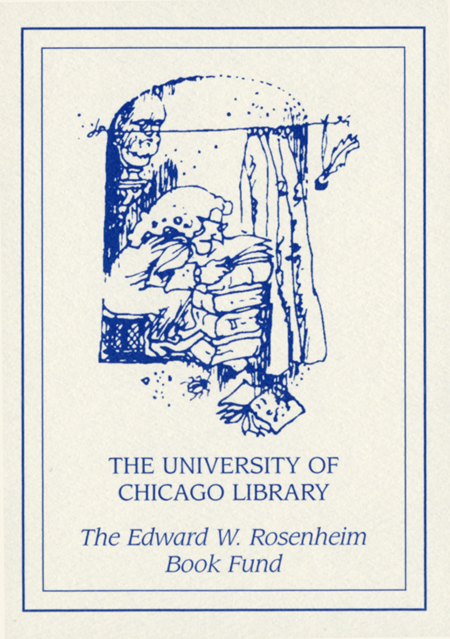Review by Publisher's Weekly Review
Ivar's disappointing sequel to 2019's Evil Things opens with a prologue set in 1935 in which a man causes a woman to slip into a frozen lake and drown by breaking the ice in front of her. When a prostitute's body is found floating in icy Helsinki Harbor in 1953, the police tell the madam of the victim's upscale brothel that it was likely an accident. Unsatisfied with this answer, the madam seeks help from private investigator Hella Mauzer, the first female homicide detective on the Helsinki police until her abrupt dismissal for disobeying direct orders. An attempt to drown a second prostitute suggests the first prostitute was murdered. Told from multiple viewpoints, the complex narrative fails to build much momentum. Hella's complicated personal life, in particular her married boyfriend dumping her, distracts. A provocative denouement and some evocative prose ("this was a city of softened greys and sunless mornings, of blurry shadows and damp drizzle") compensate only in part. Fans of Evil Things will hope for a return to form in the trilogy's conclusion. Agent: Marilia Savvides, Peters, Fraser & Dunlop (U.K.). (June)
(c) Copyright PWxyz, LLC. All rights reserved
Review by Kirkus Book Review
The second volume in Ivar's trilogy about Finnish investigator Hella Mauzer shows her fighting crime just as ferociously even when she's an ex-cop. Bounced from the police force after the rocky road of Evil Things (2019), Hella can't imagine why her old boss, Chief Inspector Jon Jokela, recommended her to Helsinki madam Klara Nylund. The answer is simple: Because Jokela, who doesn't want to bother looking into the death of pregnant prostitute Nellie Ritvanen, would rather farm the job out to a private eye. Once Hella gets the bit between her teeth, though, she refuses to give up. Not when her apparent slowness in identifying Ahti Virtanen, a well-heeled politician's profligate son, as the obvious suspect earns a rebuke from Klara. Not when Klara is murdered herself. And not when Klara's successor brusquely terminates her employment. As Hella, who's just been dumped by Steve Collins, her married lover, tries to figure out her next move, the case attracts the attention of Chief Inspector Erik Mustonen, her old colleague, and Anita, the old friend who's just joined the Helsinki police as a trainee and moved in with Hella without waiting for an invitation. Ivar's sharp eye for both the institutional oppression of women in 1953 and her heroine's rabid willingness to push back against it adds an edge to the twists and turns as Hella's suspicions fall on a series of possible killers increasingly close to herself. The subzero temperatures of both the setting and the plot make other Nordic noirs seem positively balmy. Copyright (c) Kirkus Reviews, used with permission.
Copyright (c) Kirkus Reviews, used with permission.
Review by Publisher's Weekly Review
Review by Kirkus Book Review

